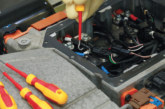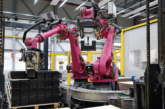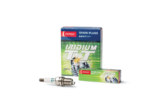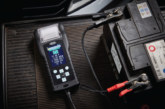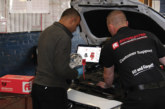
Delphi Technologies explains why safety is the key to profiting from the increase in hybrid and electric vehicles.
The market for fully electric and plug-in hybrid cars reached a major milestone in late 2017, passing the three million mark globally. Whilst still small in comparison, recent announcements from some of the biggest vehicle manufacturers outlining their plans for electrification could see a major shift in numbers over the next decade. In fact, by 2025 alone, the worldwide electrified vehicle fleet is expected to reach 40 million vehicles. At the same time, earlier model hybrid and electric vehicles (H&EV) are transitioning out of VM dealer networks into the aftermarket and will require timely, efficient servicing and repair, just like their internal combustion engine powered equivalents. Together, this represents an unmissable business opportunity for both factors and workshops.
Julian Goulding, UK Marketing Manager, Delphi Technologies Aftermarket, commented: “Unfortunately, we have found that some garages are still shying away from this work, because of the additional hazards associated with high voltage vehicles. By understanding the potential dangers, however, and crucially the processes required to overcome them, technicians can work safely and competently on H&EVs.”
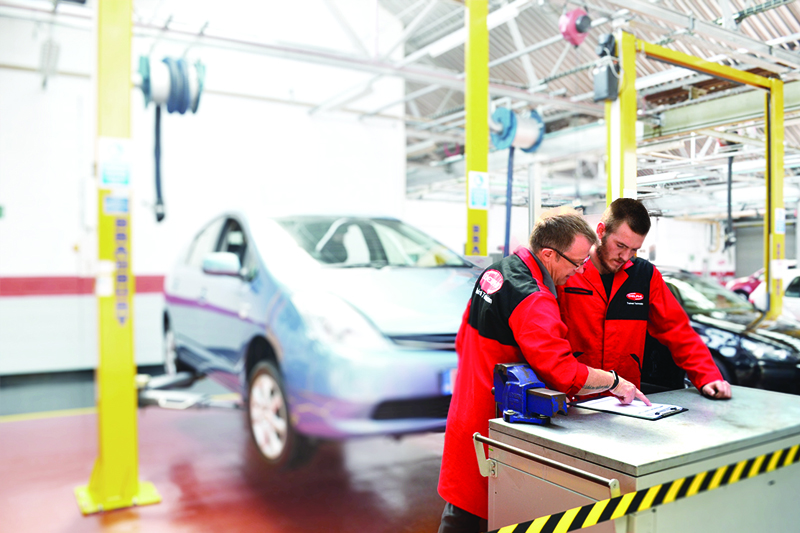
Personal Protective Equipment (PPE)
According to Delphi Technologies, traditional PPE is essential, and alongside rigorous maintenance and steadfast suitability checks, forms the basis of any aftermarket technician’s armoury: CAT 0 1,000V rated insulated gloves and boots or matting are vital to protect against electrocution.
Beyond physical PPE, a change in mindset to include basic precautions when working with high voltages is equally important. For example, never work on live voltage systems where you do not feel adequately qualified; secure the vehicle in a cordoned off area with appropriate signage; always make the car safe by disconnecting the high voltage battery, and even then, test that the high voltage cables and electrical components are dead prior to carrying out any work on the system.
Train to succeed
Delphi Technologies has been quick to recognise these challenges. Its specially designed two-day, IMI accredited hybrid vehicle training programme teaches the fundamentals such as the need for specialist PPE, identification of hybrid system components, making the system safe, awareness of magnetic components, use of wiring diagrams and technical data, and assessing the high voltage system.
“As an OE manufacturer we have unique access to the engineers creating the very latest H&EV technology,” added Julian. “We understand these vehicles inside-out; how they work, how to fix them when they don’t and, importantly, all the nuances when it comes to routine servicing. We can pass on this expertise to our customers through our extensive training offering.”
“What’s more, we know that technicians tend to learn by doing, which is why our unique, half theory, half practical approach to training has yielded such positive results. Our courses will allow technicians to understand what is happening, why it’s happening and how to resolve it, providing the knowledge and confidence to work safely and effective on H&EVs.”

